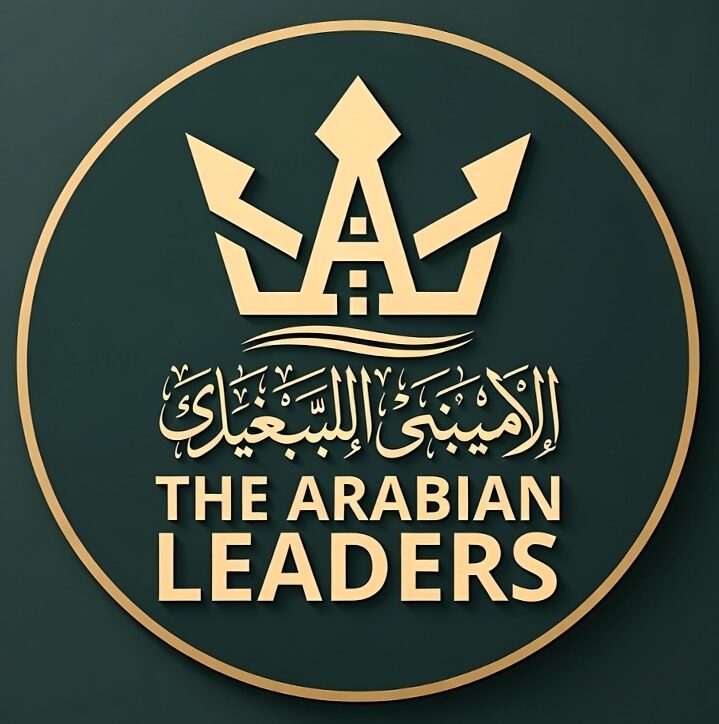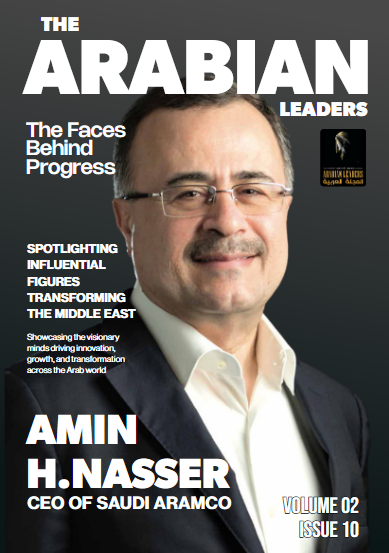In a world where fortune often follows heritage, Mohammed Hussein Al Amoudi carved out a global legacy entirely from grit, foresight, and unshakable ambition. As an Ethiopian-born Saudi businessman, he has spent decades building one of the most expansive private business empires in the world, spanning sectors as varied as construction, agriculture, energy, mining, and healthcare.
Al Amoudi’s rise from modest roots in Dessie, Ethiopia to becoming one of the wealthiest men in both Africa and the Middle East is a remarkable story of vision, cultural duality, and calculated risk. His journey is not only about wealth but also about using that wealth to empower, to heal, and to educate—qualities that continue to shape his legacy long after headlines have shifted elsewhere.
Humble Origins and Early Ambitions
Born in 1946 in Ethiopia’s Wollo Province, Mohammed Hussein Al Amoudi’s early life was defined by modest circumstances. His father was of Yemeni descent, while his mother was Ethiopian—this cultural duality would later come to influence his worldview and philanthropic focus across both regions.
In the mid-1960s, Al Amoudi relocated to Saudi Arabia, where opportunity, perseverance, and discipline quickly translated into business success. He began by investing in real estate and construction, two industries vital to Saudi Arabia’s booming oil economy. His early ventures proved successful, laying the groundwork for the business empire he would eventually create.
The Birth of MIDROC: Innovation and Infrastructure
In 1994, Al Amoudi launched MIDROC (Mohammed International Development Research and Organization Companies), a conglomerate that became a cornerstone of industrial development in both the Middle East and Africa.
Through MIDROC, Al Amoudi acquired vast oil refining interests in Morocco and Sweden, initiated large-scale gold mining operations in Ethiopia, and oversaw critical agricultural developments that aimed at bolstering local economies and food security. His business acumen was always paired with a deep respect for the regions in which he operated, particularly Ethiopia, where his investments fueled job creation, infrastructure growth, and industrial modernization.
MIDROC Ethiopia alone employs tens of thousands, making it one of the largest private employers in the country. From building roads and cement factories to introducing state-of-the-art healthcare facilities, the conglomerate is deeply embedded in the national development framework.
Diversifying the Global Portfolio
Al Amoudi’s reach expanded well beyond Africa. His ownership of Preem, Sweden’s largest oil refining company, solidified his presence in the European energy market. He also acquired Samarco, a mining enterprise with considerable international influence. His interests weren’t limited to fossil fuels and raw materials—he also ventured into biotechnology, hospitality, sports sponsorships, and financial services.
His method was consistent: invest in underperforming or underserved markets, bring in technology and expertise, and reinvest profits into long-term infrastructure or social development. This forward-thinking strategy earned him global recognition and partnerships with governments, financial institutions, and academic bodies across continents.
Humanitarian Impact and Long-Term Philanthropy
While his business achievements are extraordinary, what truly distinguishes Al Amoudi is the scale and sincerity of his philanthropic initiatives. He has funded numerous educational institutions, hospitals, and religious centers in both Ethiopia and Saudi Arabia.
The Sheikh Mohammed Hussein Al-Amoudi Center of Excellence in Breast Cancer is one of his most noted projects. Located in Saudi Arabia, the center is dedicated to advanced medical research, diagnostics, and women’s health education—an area often underfunded and overlooked in many regions.
He has also contributed heavily to scholarship programs, enabling African and Middle Eastern students to pursue education abroad. His emphasis on cross-cultural knowledge transfer and youth empowerment reflects a personal belief that true development begins with people, not just infrastructure.
A Storm Weathered: Detention and Resurgence
In November 2017, Al Amoudi was detained as part of Saudi Arabia’s sweeping anti-corruption campaign. The sudden arrest of one of the Kingdom’s wealthiest non-royal figures made headlines around the world. For over a year, he was held without formal charges, sparking concern from international observers.
When released in January 2019, Al Amoudi returned with characteristic discretion—resuming operations, reaffirming philanthropic commitments, and reorganizing his portfolio to better align with the post-reform landscape in Saudi Arabia. Despite the challenges, he remained loyal to the Kingdom and recommitted himself to supporting Vision 2030 goals, particularly in areas like energy transition, industrial diversification, and female economic participation.
Pre-Concluding Reflection: The Making of a Legacy
Vision Beyond Borders
Al Amoudi’s story isn’t just a Saudi story or an Ethiopian story—it’s a global story. His investments span sectors, languages, and ideologies, yet they all reflect a singular mission: to uplift economies and empower communities. Few entrepreneurs can claim to have influenced so many industries across such diverse regions.
Power with Purpose
What sets him apart from conventional billionaires is his measured use of influence. He has never been flamboyant or overly public-facing. Instead, his work is seen in the companies he builds, the people he employs, and the communities he supports.
The Rebuilder
Following his detention and return, Al Amoudi demonstrated an extraordinary ability to rebuild, restructure, and reconnect. His resilience not only reestablished his credibility in business but also reinforced public trust in his long-term vision. He is not merely a survivor—he is a rebuilder.
Role Model for Future Entrepreneurs
For young business leaders across Africa and the Middle East, Al Amoudi offers a compelling example of what it means to be successful with integrity. He reminds us that entrepreneurship is not about amassing fortune for personal indulgence, but about leveraging success to create long-term impact.
Certainly! Here is a 200-word conclusion to replace the final paragraph of the article on Mohammed Hussein Al Amoudi, written in the same tone and style:
Legacy Carved Across Continents
Mohammed Hussein Al Amoudi’s journey is not merely one of wealth accumulation—it is a portrait of purpose, precision, and perseverance. From his modest beginnings in Ethiopia to becoming a titan of industry with holdings spanning Europe, the Middle East, and Africa, his career has been a blueprint for emerging global entrepreneurs. Yet, what sets him apart is not just the scale of his financial empire, but the depth of his social impact.
He has proven that it is possible to lead in business without losing sight of humanity. His investments in healthcare, education, and economic empowerment reflect a rare synergy between success and service. Even in the face of personal and political adversity, Al Amoudi has shown grace, resolve, and an unwavering focus on rebuilding stronger than before.
In a world that often separates capital from compassion, Mohammed Al Amoudi has bridged that divide. His legacy—spanning sectors, societies, and generations—is one of vision turned into value, and value turned into virtue. For future leaders across continents, his story serves as a reminder that true success is not only measured in billions, but in the lasting change those billions create.
Conclusion: Influence That Transcends Capital
Mohammed Hussein Al Amoudi is a rare breed of businessman—one who balances capital with conscience, growth with giving, and expansion with empathy. Whether investing in gold mines in Ethiopia, oil refineries in Europe, or healthcare centers in Saudi Arabia, his strategy is underpinned by a long-term view of prosperity—one that values human development as much as profit margins.
In today’s global economy, where volatility and short-term gains often dominate headlines, Al Amoudi’s legacy stands as a model of strategic depth and enduring impact. His journey reminds us that while wealth can shape industries, only vision can shape history.








